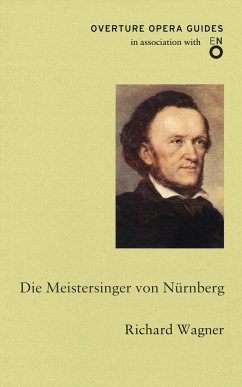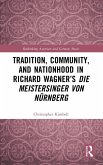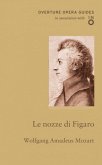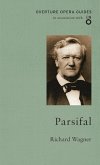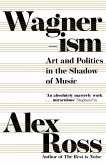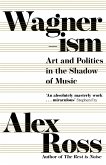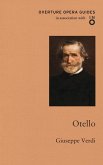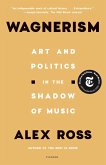Die Meistersinger von Nürnberg is the only comedy among Richard Wagner's mature works. Unusually for Wagner, it is set in a historically specific time and place, sixteenthcentury Nuremberg, and tells of a song contest among the town's guildsmen. It nevertheless explores the same themes of renewal, renunciation and human love as Wagner's other great music dramas. The finely drawn humanity of its principal characters and the brilliance of its musical invention make it one of the most rewarding operas in the repertory. The guide contains articles on the complex historical and political background to the opera, a detailed examination of its musical structure and a survey of its sometimes contentious performance history. Further articles explore some of the work's roots in the poetry of Schiller and the vexed question of the extent to which Wagner's virulent anti-Semitism may be said to be present in the opera. The guide also includes the full libretto with English translation, sixteen pages of illustrations, a musical thematic guide, a discography, a bibliography and DVD and website guides.
Hinweis: Dieser Artikel kann nur an eine deutsche Lieferadresse ausgeliefert werden.
Hinweis: Dieser Artikel kann nur an eine deutsche Lieferadresse ausgeliefert werden.

